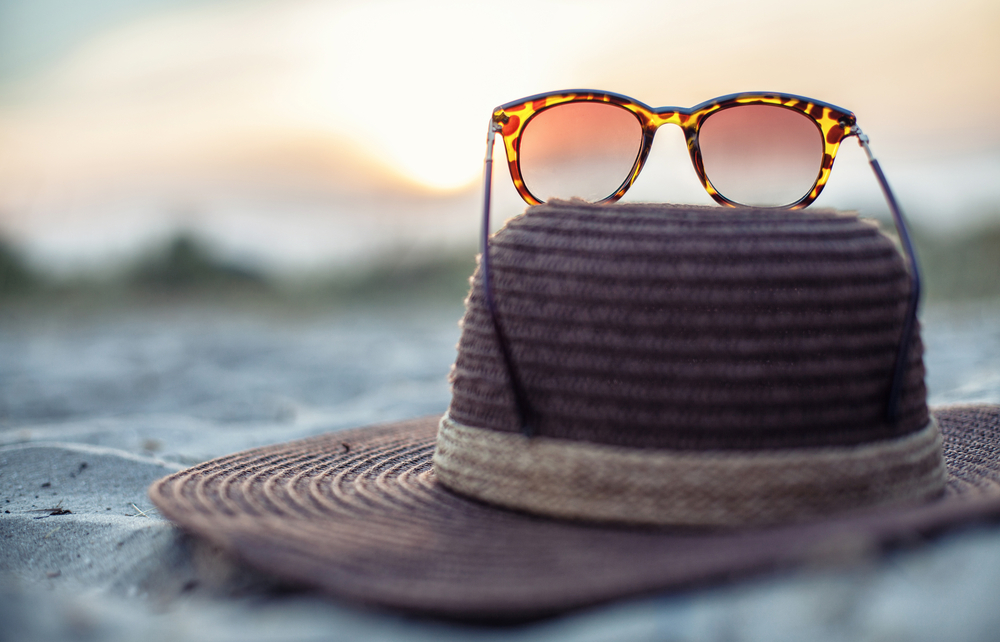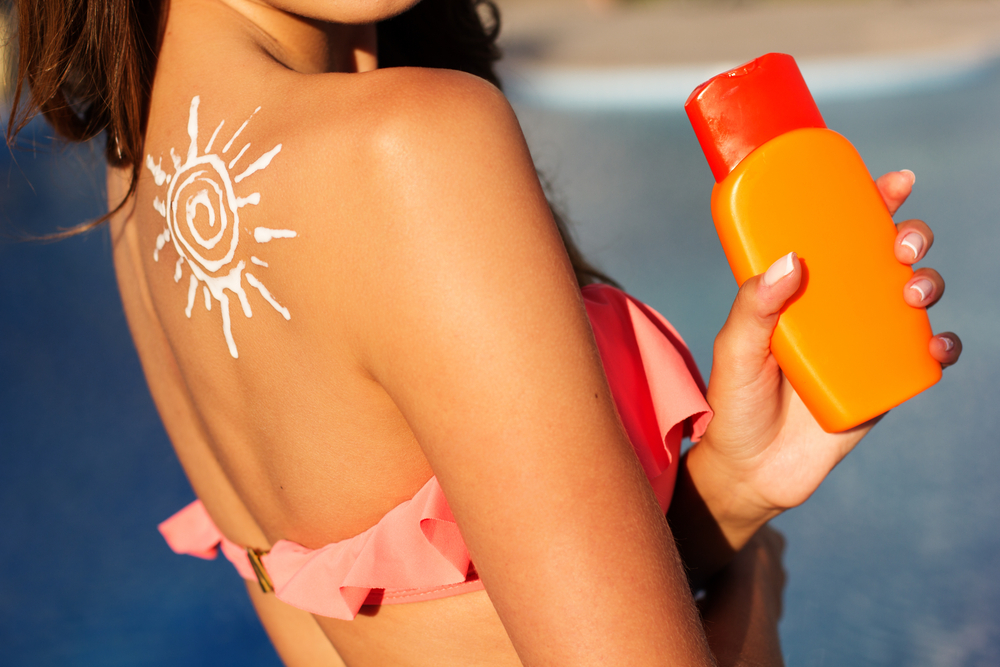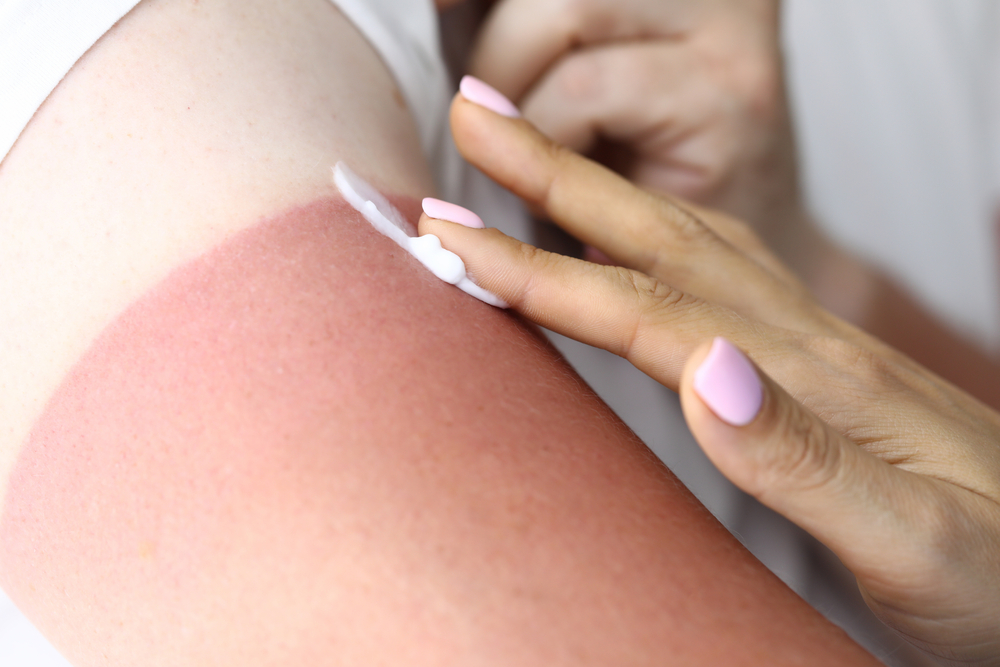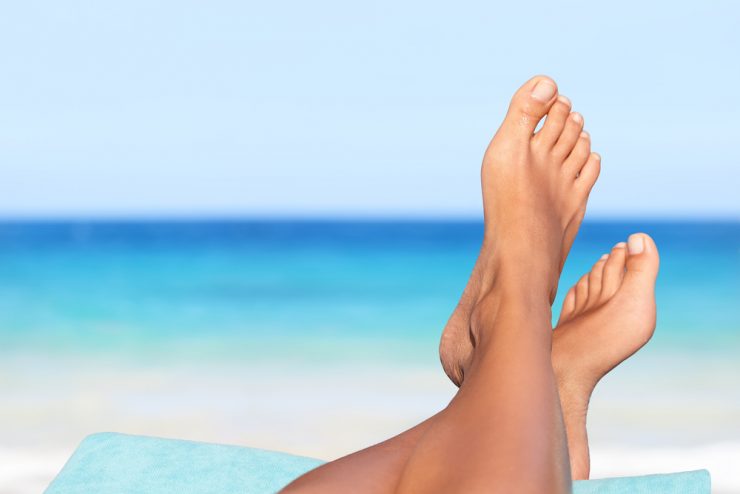After the long lockdown months sunbathing is inviting but be careful – too much sun can be bad for our skin and increase the risk of skin cancer.
Editor Jane Garton looks at best ways to protect yourself from the sun this summer.
At last, after months of lockdown we can spend time outdoors with friends and family without fear of number restrictions. Best of all it’s summer and that means holidays which for many this year will be UK based.
If the weathermen have it got it right, we could be in for some sun-filled days which is good news as there is nothing like a few rays for making us look and feel better. What’s more sunlight is essential for building up stores of vitamin D produced by the body naturally when the sun’s UVB rays hit the skin.
But this doesn’t mean we can spend hours basking in the sun without protection. Too much sun can cause untold damage to the skin not to mention increase the risk of skin cancer. Remember too the UK sun can be just as hot and damaging as it is abroad. The message is simple – the sun needs respect. Never step outside without following some sun-safe rules.
Cover up

Wear a wide- brimmed hat that shades your face, ears and neck for the most UV protection, and cover up or avoid the sun between 11 am and 3 pm when the sun’s rays are at their hottest.
Eyes need protection too. When choosing sunglasses look out for a CE mark and British Standard, a UV 400 label and 100% UV protection written on the label or sticker. Wraparound styles, sports glasses or bigger sunglasses are good options to provide protection around the side of the eye.
Choose the right sunscreen

Invest in a broad-spectrum sunscreen with an SPF between 30-50 that protects against UVA and UVB rays. Apply 15-20 minutes before going out to allow time for it to sink in and reapply evenly and thickly every two hours. It’s especially important to put more on after toweling dry, for example after swimming or snorkelling. Make sure too that you put enough on epecially if using a spray or roll-on sunscreen – people often put on much less than they need to.
Check the expiry date on your sunscreen before you use one from last year. Look for a symbol with the letter M and a number that shows how many months it will last after opening.
How to soothe sunburn

If you unfortunately get sunburn, take a cold shower or bath, apply cold compresses or an aloe vera-based lotion or gel. Calendula creams and lotions also make good after-sun lotions, adding moisture to sun-kissed areas. In addition, calendula has antiseptic properties, so can help reduce the risk of infection if skin is broken.
Remember than even on sunny but cloudy or foggy days you can still get sunburn. Up to 80% of UV rays pass through cloud or mist, so be sure to still find shade, cover up and use sunscreen on the areas you cannot cover.
If sunburn is severe or extends over a large area of skin, you develop a fever or start to feel unwell, always see your doctor.
Benefits of lycopene and omega-3s

Lycopene is a natural pigment that gives most red fruit and vegetables their colour, especially tomatoes and can help protect the skin against the sun’s harmful rays. A diet rich in omega-3 fatty acids may also help protect the skin from sun-induced inflammation and free radical damage.
























Add comment